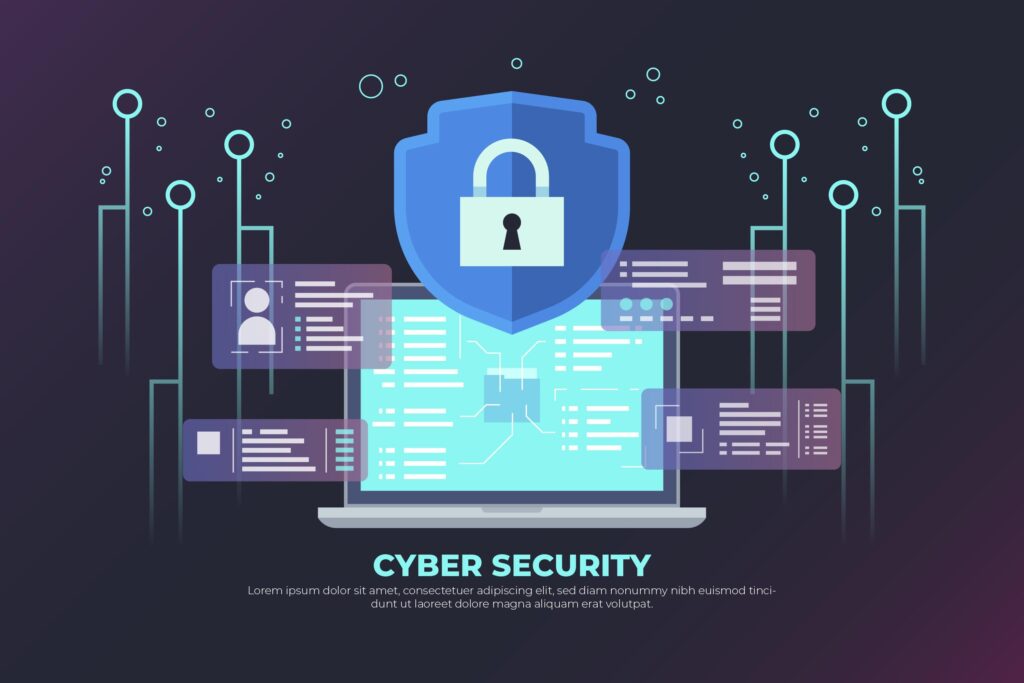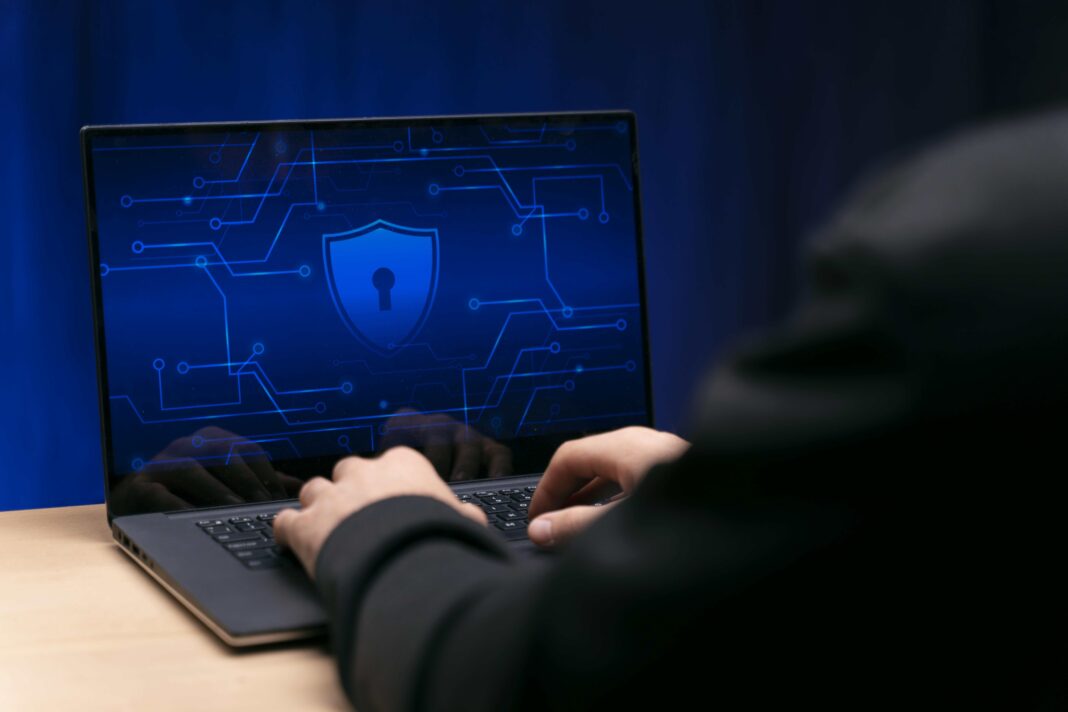Cybersecurity is one of the most critical fields in modern technology, with the increasing reliance on digital systems and the growing threat of cyberattacks. Becoming a cybersecurity expert requires a combination of technical knowledge, practical skills, and a mindset geared toward problem-solving and continuous learning. This article will explore the essential skills needed to excel in cybersecurity, providing a detailed guide for anyone aspiring to enter this field.

1. Fundamentals of Cybersecurity
Before diving into advanced topics, it’s crucial to grasp the basics of cybersecurity. This includes understanding the core concepts of information security, such as confidentiality, integrity, and availability (CIA triad). These principles form the foundation of all cybersecurity practices.
- Confidentiality: Ensuring that sensitive information is accessible only to authorized individuals.
- Integrity: Protecting data from being altered or tampered with by unauthorized parties.
- Availability: Ensuring that systems and data are accessible when needed.
A solid understanding of these principles will help you build a strong foundation for more advanced cybersecurity concepts.
2. Technical Skills Required in Cybersecurity
2.1 Networking and System Administration
A deep understanding of networking is essential for cybersecurity professionals. This includes knowledge of network protocols, IP addressing, routing, and switching. Familiarity with tools like Wireshark for network analysis and Nmap for network scanning is also important.
System administration skills are equally critical. You should be comfortable with managing operating systems (Windows, Linux, macOS), configuring servers, and understanding file systems. These skills will help you identify vulnerabilities and secure systems effectively.
2.2 Programming and Scripting
Programming is a valuable skill in cybersecurity. Languages like Python, JavaScript, and C++ are commonly used for scripting, automation, and developing security tools. Python, in particular, is widely used for tasks such as penetration testing, malware analysis, and automating repetitive tasks.
Understanding how to write and analyze code will enable you to identify vulnerabilities in software and develop solutions to mitigate risks.
2.3 Cryptography
Cryptography is the practice of securing information through encryption. As a cybersecurity expert, you need to understand cryptographic algorithms, encryption techniques, and how to implement them to protect data. Knowledge of public-key infrastructure (PKI), digital signatures, and secure communication protocols (like SSL/TLS) is essential.
2.4 Penetration Testing and Ethical Hacking
Penetration testing involves simulating cyberattacks to identify vulnerabilities in a system. Ethical hacking is a proactive approach to cybersecurity, where you think like a hacker to find and fix security flaws before they can be exploited.
Tools like Metasploit, Burp Suite, and Kali Linux are commonly used in penetration testing. Understanding how to use these tools and interpret their results is crucial for identifying and mitigating security risks.
3. Soft Skills for Cybersecurity Professionals
3.1 Problem-Solving and Analytical Thinking
Cybersecurity is all about solving complex problems. You need to be able to analyze situations, identify potential threats, and develop effective solutions. Analytical thinking helps you understand the root cause of security issues and implement long-term fixes.
3.2 Communication Skills
Effective communication is vital in cybersecurity. You need to be able to explain technical concepts to non-technical stakeholders, write clear and concise reports, and collaborate with team members. Strong communication skills ensure that security measures are understood and implemented across an organization.
3.3 Attention to Detail
Cybersecurity requires a high level of attention to detail. Small oversights can lead to significant security breaches. You need to be meticulous in your work, whether you’re reviewing code, analyzing network traffic, or configuring security settings.
4. Certifications and Continuous Learning
4.1 Industry-Recognized Certifications
Certifications can validate your skills and knowledge in cybersecurity. Some of the most recognized certifications include:
- Certified Information Systems Security Professional (CISSP): A globally recognized certification for experienced security professionals.
- Certified Ethical Hacker (CEH): Focuses on penetration testing and ethical hacking.
- CompTIA Security+: An entry-level certification covering basic security concepts.
- Certified Information Security Manager (CISM): Focuses on managing and governing information security programs.
These certifications can enhance your credibility and open up new career opportunities.
4.2 The Importance of Continuous Learning
Cybersecurity is a constantly evolving field. New threats and vulnerabilities emerge regularly, and staying up-to-date with the latest trends and technologies is essential. Engage in continuous learning through online courses, webinars, industry conferences, and reading cybersecurity blogs and journals.
5. Building a Career in Cybersecurity
5.1 Entry-Level Roles
Starting a career in cybersecurity often begins with entry-level roles such as:
- Security Analyst: Monitoring and analyzing security threats.
- Network Administrator: Managing and securing network infrastructure.
- IT Support Specialist: Providing technical support and implementing security measures.
These roles provide valuable experience and a foundation for more advanced positions.
5.2 Advanced Roles
As you gain experience, you can move into more advanced roles such as:
- Security Architect: Designing and implementing secure systems.
- Penetration Tester: Conducting simulated attacks to identify vulnerabilities.
- Chief Information Security Officer (CISO): Overseeing an organization’s overall security strategy.
These roles require a deeper understanding of cybersecurity principles and advanced technical skills.
6. FAQs About Becoming a Cybersecurity Expert
6.1 What educational background is needed for a career in cybersecurity?
While a degree in computer science, information technology, or a related field is beneficial, it’s not always required. Many cybersecurity professionals come from diverse educational backgrounds. Certifications and hands-on experience are often more important than formal education.
6.2 How long does it take to become a cybersecurity expert?
The time it takes to become a cybersecurity expert varies depending on your background, experience, and dedication to learning. With consistent effort, it’s possible to gain the necessary skills within a few years.
6.3 Is coding necessary for cybersecurity?
While not all cybersecurity roles require extensive coding knowledge, having programming skills can be a significant advantage. It allows you to understand vulnerabilities in software and develop custom security solutions.
6.4 What are the most important certifications for cybersecurity?
Some of the most important certifications include CISSP, CEH, CompTIA Security+, and CISM. These certifications validate your skills and can enhance your career prospects.
6.5 How can I stay updated with the latest cybersecurity trends?
Staying updated requires continuous learning. Follow industry blogs, attend conferences, participate in webinars, and engage with the cybersecurity community through forums and social media.
7. Conclusion
Becoming a cybersecurity expert requires a combination of technical skills, soft skills, and a commitment to continuous learning. By understanding the fundamentals, developing technical expertise, and obtaining relevant certifications, you can build a successful career in this dynamic and rewarding field. Whether you’re just starting or looking to advance your career, the skills outlined in this article will help you achieve your goals in cybersecurity.

